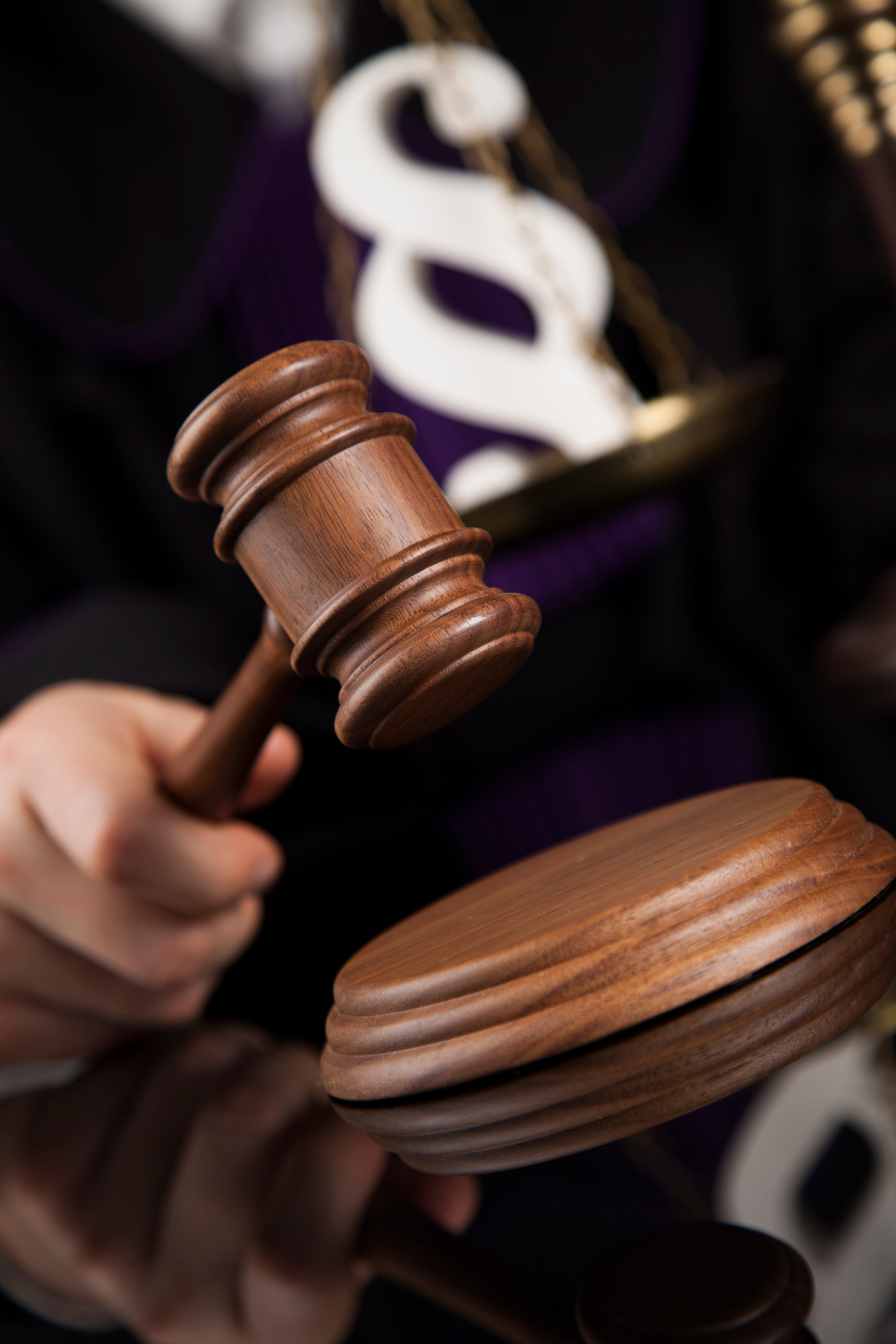Legal Court Tips
How to prepare, show respect, and avoid mistakes on your court date.

Be Early and Never Miss Your Court Date
Plan to arrive early. Leave extra time for traffic, parking, and getting through security. If you’re late or miss your court date, the judge could make a decision without you or order a warrant for your arrest. Being early shows the judge you care and want to handle things the right way.
Dress Neatly
Wear nice, clean clothes. Think of it like dressing for a job interview. A collared shirt, long pants, or a modest dress is a good choice. Avoid shorts, tank tops, flip-flops, or shirts with bad words or pictures. Looking neat and respectful can help how the judge sees you.
Be Polite and Respectful
Always call the judge “Your Honor.” Stand when you speak. Do not interrupt anyone. Stay calm, even if you're nervous. Use a quiet, polite voice. Being respectful shows the court you are serious and responsible.
Turn Off Your Phone
Turn off your phone before you go into the courtroom. Don’t let it ring or beep. Don’t text, take calls, or play games. No eating, gum, or talking while court is in session. Staying quiet helps you focus and shows respect.
Don't Bring Kids
If you can, leave your children with someone you trust. Courtrooms are not good places for young kids. If your child cries or makes noise, you may be asked to leave. Having child care lets you give full attention to your case.
Bring Your Papers
Bring everything you were told to bring. This might include your court papers, proof of classes, receipts, or other documents. Keep it all in a folder. Bring a pen and paper to take notes. Being prepared helps your case.
Ask for Help If You Need It
If you don’t speak English well, ask the court for an interpreter before your court date. If you have a disability and need help, tell the court early so they can help you. It’s important that you can hear and understand everything.
Talk to Your Lawyer (or Ask for One)
If you have a lawyer, listen to what they tell you about court. If you don’t have a lawyer, ask the judge for a public defender. Lawyers know how court works and can help you stay calm and speak up when needed.
Show You Are Taking This Seriously
Everything you do in court matters. Be on time. Dress respectfully. Speak politely. Bring your papers. Show the judge you are trying to do the right thing. This can make a big difference in your case.

Sources
California Courts – Self-Help Guide
https://www.courts.ca.gov/selfhelp.htm
American Bar Association – Court Basics
https://www.americanbar.org/groups/public_education/resources/law_related_education_network/how_courts_work/
National Center for State Courts – Going to Court
https://www.ncsc.org/information-and-resources
Nolo – How to Behave in Court
https://www.nolo.com/legal-encyclopedia/courtroom-behavior-how-act-court-30329.html
Los Angeles County Public Defender – Client Resources
https://pubdef.lacounty.gov/resources/
Legal Aid Foundation of Los Angeles – Know Your Rights
https://lafla.org/get-help/self-help/
U.S. Department of Justice – Disability Rights Section
https://www.ada.gov
California Department of Consumer Affairs – Your Rights
https://www.dca.ca.gov/publications/
National Legal Aid & Defender Association – Client Education
https://www.nlada.org/for-clients
Superior Court of California – Court Etiquette & Info
https://www.scscourt.org/self_help/courtroom/etiquette.shtml
Proven Results
96%
Cases with Reduced Charges
89%
Successful Negotiations
15+ yrs
Combined Trial Experience
Free
30-minute Consultations
Meet Your Advocate
Lead Counsel — Alexandra Harmony
Alexandra Harmony is a trial-ready criminal defense lawyer with 15 years of courtroom experience, former public defender background, and a track record of negotiating reduced outcomes for clients across DUI, drug, and violent offense cases.

Frequently Asked Question
What happens during the free consultation?
We review the facts, discuss likely legal options, privacy protections, timeline, and recommended next steps. There is no obligation; the goal is to clarify your situation and how we can help.







